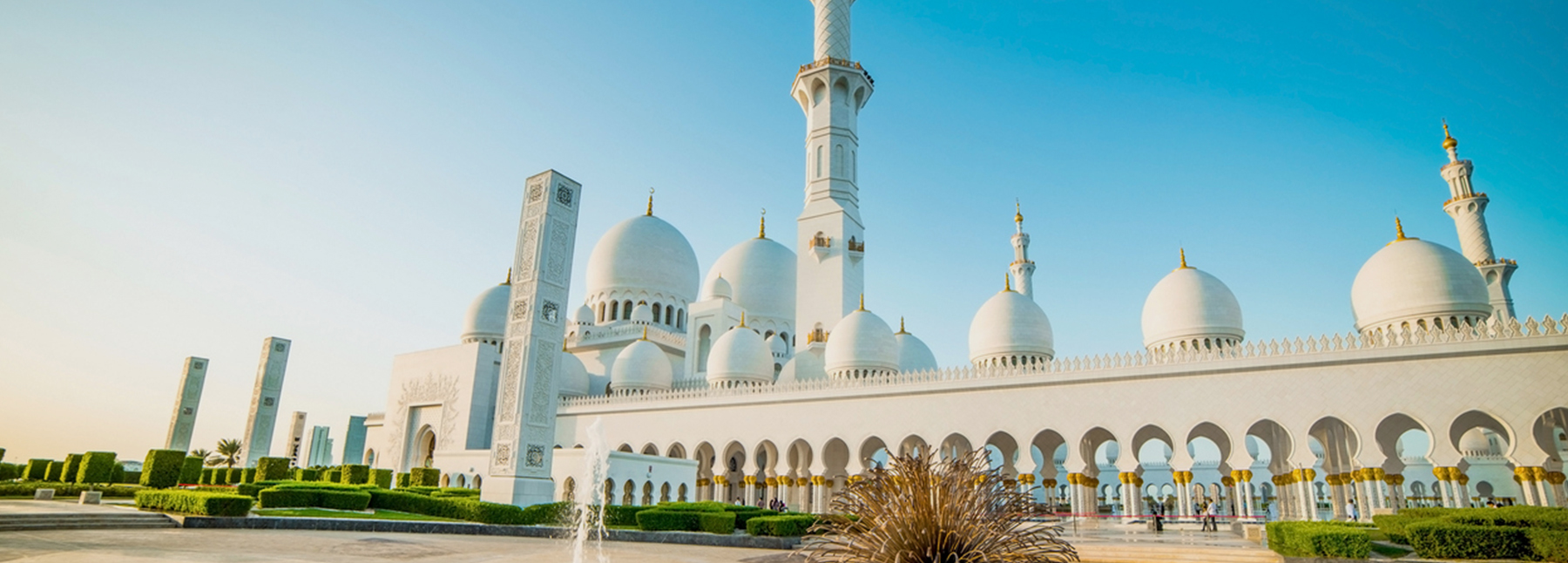The UAE is made up of 7 self-governed emirates which formed a federation of hereditary absolute monarchies in 1971.
In its brief history the country has undergone a very rapid demographic transition. In 2015 the UAE's total population was 9.3 million, of which 1.4 million were Emirati citizens and 7.9 million were expatriates.
Expats moving to the UAE will encounter a modern country with progressive architecture, a desert landscape, a subtropical climate and world famous shopping malls.
Most expats move to Dubai or Abu Dhabi, but Sharjah also has a growing expat community.
It should be borne in mind that the UAE is grounded in traditional Islamic roots, each emirate has varying degrees of Islamic religious conservatism. Expats should make themselves fully aware of the UAE laws and cultural practices, in order to successfully immerse themselves in this exciting country.


